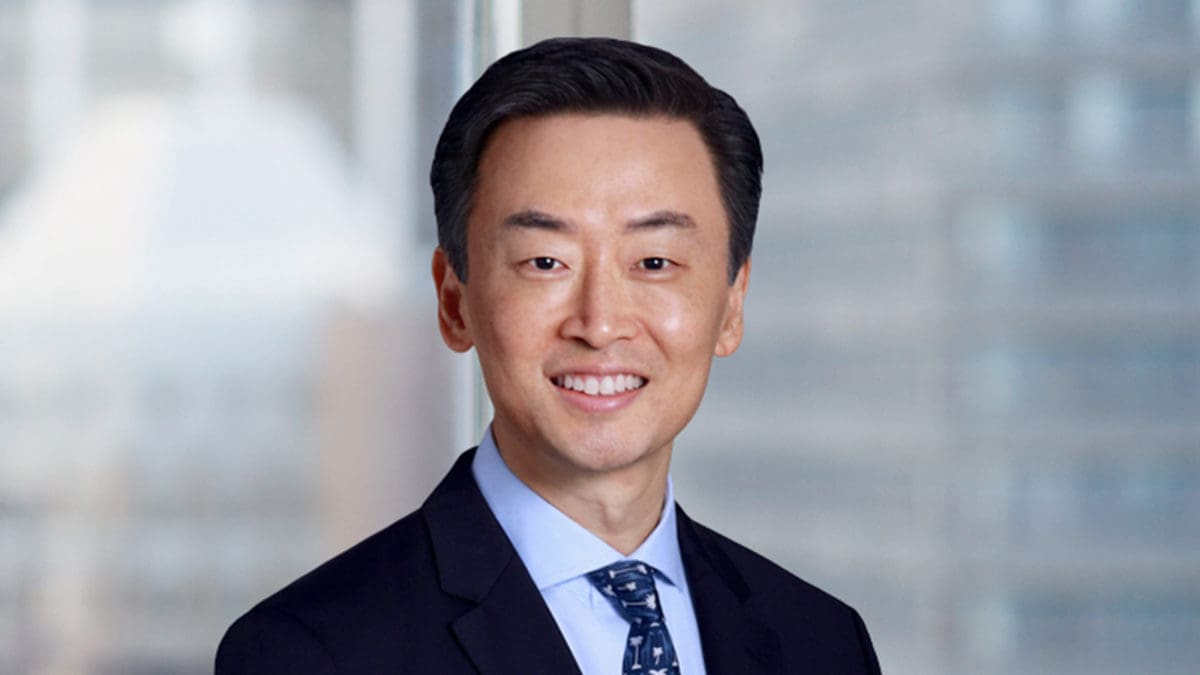Time for a new story in emerging markets
It’s been a tough few years for emerging markets (EM). China’s regulatory efforts and the war in Ukraine have had investors running scared. But while US asset allocators have onshored their investments much more aggressively, Australia’s super funds have been more “outward looking”.
Steve Sun, senior client portfolio manager in Morgan Stanley Investment Management’s emerging markets equities team, attributes that to their proximity to Asia both geographically and economically. Still, the complexities of investing in the EM set have been compounded by the fact that there is no dedicated benchmark for them – they’re instead included within global equities, and funds risk taking on more tracking error than they’re comfortable with within the constraints of the performance test. But those that are ahead of the test are more adventurous.
“Super funds that have that (performance) buffer can take some of those risks outside the benchmark and are looking for ideas,” Sun said. “The reason they’ve been able to provide better than benchmark returns because they’re looking outside them. But some clients have said that because their benchmark is the ACWI they do need to de-risk their portfolios.”
“But if you’re looking at ideas for where we’re likely to see growth – and given the headwinds coming out of developed markets – would you think there’s going to be more growth in EM or DM? We’re looking to invest in those markets that have structural growth tailwind.”
“Turkey may look cheap and South Africa has a potential growth story but execution has been challenging. But large growth markets such as India has been a fantastic investment destination and our investments in India has done really well not just this year but for past several years even as it’s coming out of the recession.”
While the EM “story” over the last decade has been predicated upon broad-based economic growth, stock performance in the economically sluggish US has still far outpaced that of the EM set. Institutional clients are more tolerant of underperformance, but for an adviser or family office that’s chosen to allocate to EM “it’s been more challenging”.
Monetary and fiscal headwinds might now be narrowing the performance gap between EM and developed markets (DM) but the story of broad growth touted by many EM managers just “isn’t as applicable now” – most of the performance of the EM has been driven by a handful of countries, and that dynamic won’t reverse any time soon.
“I was working in Hong Kong in the 90s and if you were involved with EM back then you were focusing on Malaysia and the Philippines because they were the hot markets,” Sun says. “There was less focus on India, China and Korea.”
“Out of the 24 EM countries included in the MSCI Emerging Markets Index, we believe that there’s only a handful where you should be focusing your investments , because if you’re looking for EM you’re looking for that structural compounding story. And we don’t think every country will be delivering that.”
A question that has lurked in the background for many EM investors is whether the tensions between US and China will ultimately boil over, resulting in a conflict that will roil both global markets. And regulatory woes for some of its biggest businesses have seen plenty of headlines painting the country as uninvestable.
But that’s “too simplistic”, Sun says; you can’t ignore a market of a billion and a half people, and even with the global headwinds of Covid, trade tensions, and general market sentiment, China stocks have been some of the biggest contributors to EM performance. While tensions with the US will persist, a real flashpoint is likely far in the future.











